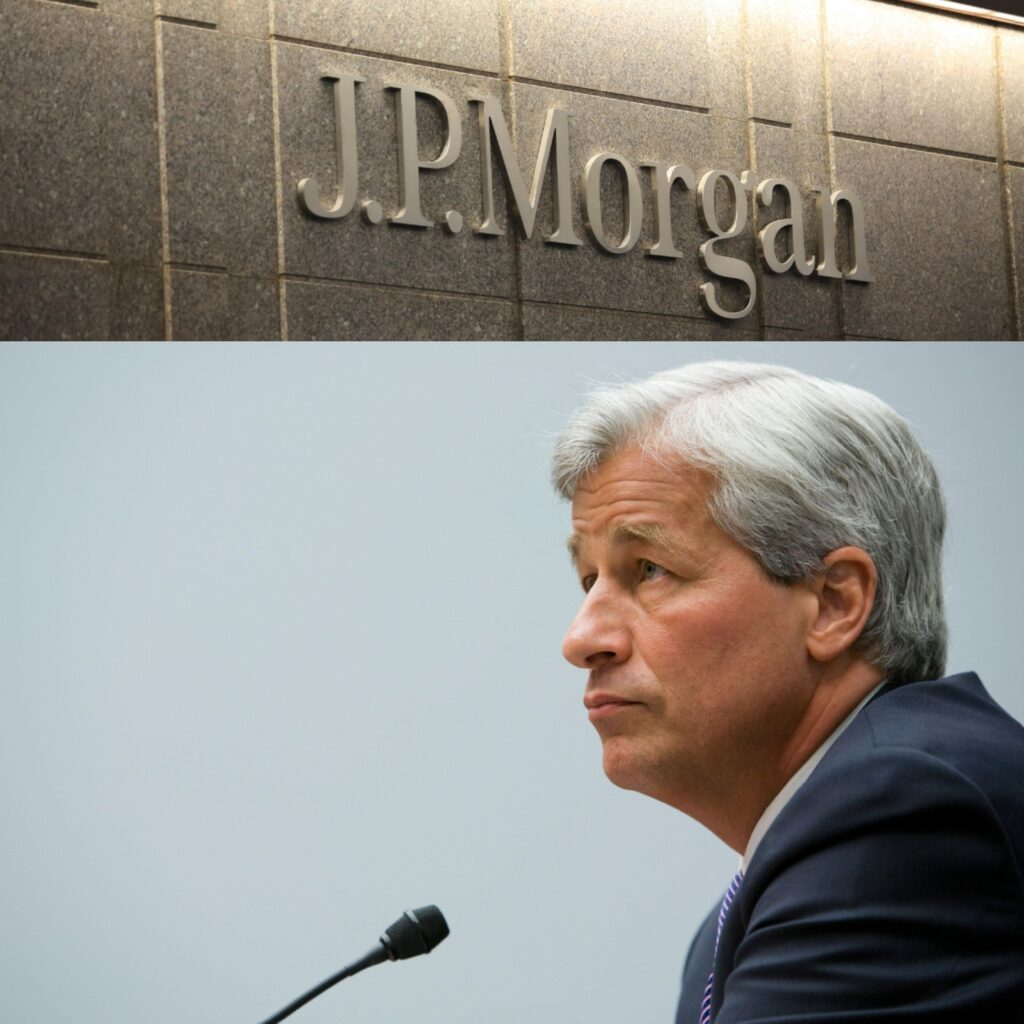Amid ongoing turmoil for global investors, JPMorgan Chase, the largest U.S. bank, has advised investors to hold gold and cash instead of reducing their stock holdings.According to Bloomberg on the 23rd (local time), JP Morgan’s investment strategy team, led by Marco Colanovic, increased cash by 2% instead of reducing the share of stocks and corporate bonds in their portfolios. In addition, it sold energy-related assets and converted to gold purchases in consideration of demand for safe assets and risk hedges related to debt limits.

“Hope that the U.S. government’s debt ceiling will be quickly resolved has positively affected market sentiment, but risk assets have not been out of the box this year despite last week’s rebound,” Kolanovic wrote in a note to customers. Such changes in the point and asset portfolio are part of JP Morgan’s defensive investment strategy, which is interpreted as a measure considering the stalled debt ceiling negotiations, increased risks of an economic recession, and the hawkish U.S. Federal Reserve (Fed).According to Kolanovic, the raw materials and credit sectors are trading at the bottom of the box, with shares approaching record highs but its portfolio model posting losses last month. “The interest rate (bond) market expects the Fed to cut interest rates this year, and the stock market interprets the possibility of such a rate cut as a positive sign, but the Fed still makes hawkish comments,” he said.

“This gap can be narrowed only at the expense of the stock market.”Kolanovic was a leading Wall Street optimist in last year’s bear market, but he also sold stocks in mid-December, January, March, and this month as the economic outlook worsened this year. He worried that the stock market seems to be cut off from the bond market, economic indicators are slowing down, and there are risks related to the debt limit.Meanwhile, JPMorgan CEO Jamie Dimon, the “Wall Street Emperor,” warned that commercial real estate loans could be a detonator of the banking crisis. At the JPMorgan Investor Day event on the 22nd, he pointed out, “Some banks, not all banks, will be problematic when certain regions, certain office real estate, and certain construction funds can be offside.”
Chang Young Choi
US ASIA JOURNAL



